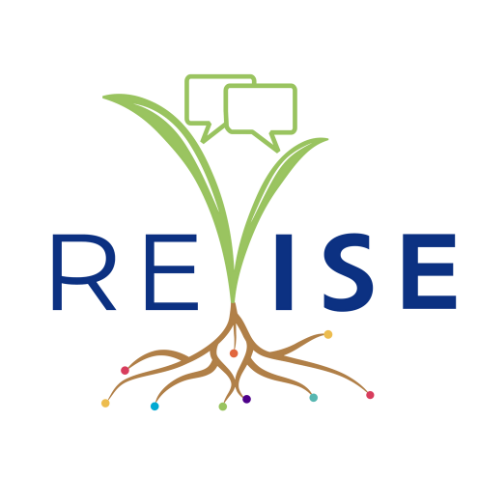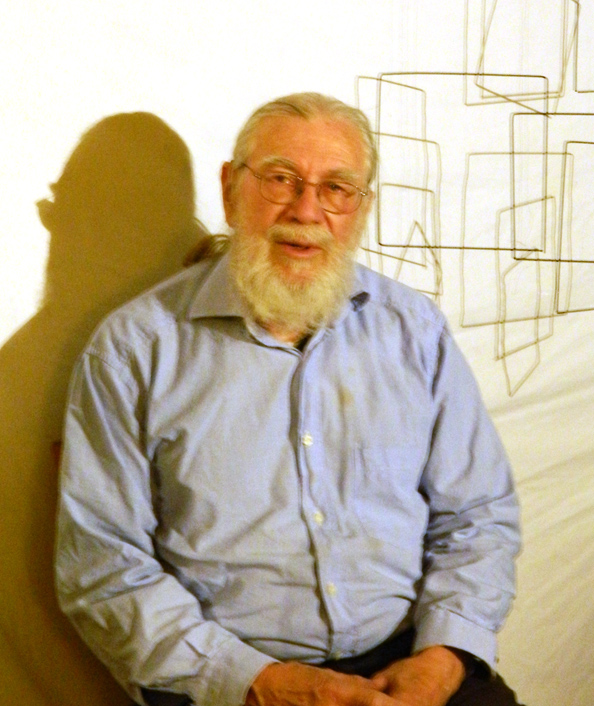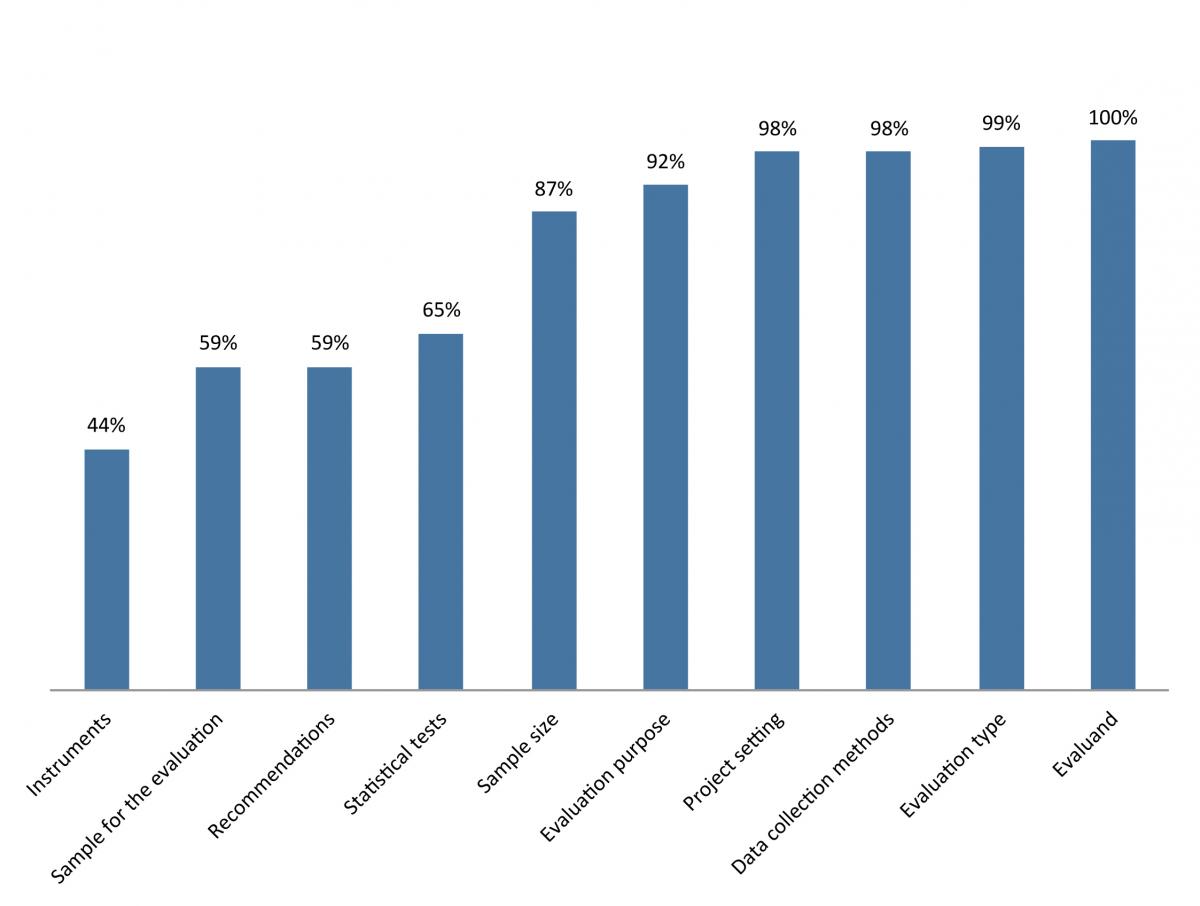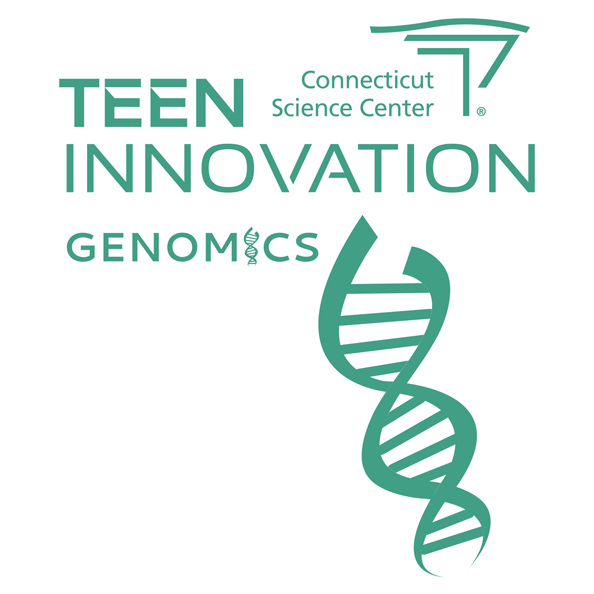Updates from the field: Public Trust in Science
This post was written by Carlin Hseuh, Project Manager for the World Biotech Tour, and Grace Troxel, Digital Librarian for CAISE. On May 5-6 2015, the National Academy of Sciences (NAS) Roundtable on Public Interfaces of the Life Sciences hosted a discussion entitled “Trust and Confidence at the Intersections of
Disability, Inclusion, and Informal STEM Education (ISE)
In 2008, CAISE convened an Access Inquiry Group in order to examine how the field of informal science education thinks (and acts) about disability and inclusion. The group developed and released a white paper on Inclusion, Disabilities, and Informal Science Learning in 2010. Using that paper as a starting point,
Informal STEM Learning Through Mobile Technology
Across the STEM education landscape is an increasing interest in mobile technology and its potential use as a tool for learning. Whether it’s using smartphones in the context of citizen science projects or tablets to augment experiences with museum exhibits, mobile technologies are being leveraged to advance and deepen engagement
Project TRUE: Teens Researching Urban Ecology
Fordham PI – Dr. Amy R. Tuininga WCS and Lead PI – Karen Tingley Author – Jason M. Aloisio “The battle for life on earth will be won or lost in urban areas”. – Ahmed Djoghlaf, Former Executive Secretary of the Convention of Biological Diversity Solving Problems Through Partnerships Fordham
Updates from the Field: Discussions About Research Agendas at VSA 2015
Presenters at this year’s 28th Annual Visitor Studies Association Conference revisited the topic of research agendas, and focused on what it means to implement a research agenda, and on the process of integrating them into one’s practice. Some of the big questions discussed were, “Now that field-wide research agendas have
Informal STEM Learning Luminaries: Bernie Zubrowski
CAISE presents “ISE Luminaries,” a series of interviews with leading practitioners, researchers, and evaluators who shaped the informal STEM learning field as we know it with their influential work. Beginning our series is an exchange with sculptor, exhibit developer, and educator Bernie Zubrowski. What originally got you interested in exploring
Broadcasting Informal STEM Education on the Small Screen
Learners of all ages have access to a wealth of informal STEM resources through the small screens of television, computers, and mobile devices. Science education programming reaches millions of viewers every week and continues to capture the cultural imagination. Here are some examples of small screen broadcast media resources available
Indigenous Knowledge and Informal STEM Learning
The following resources from the InformalScience.org repository explore some of the ways in which informal STEM education bridges Indigenous knowledge and Western science. Culturally Responsive STEM Education STEM concepts and practices are embedded in the daily lives of Native communities. The Native Science Field Centers project, based out of the
Enhancing Evaluation Capacity in Informal Science Education: Q&A with Alice Fu
The new website Enhancing Evaluation Capacity in Informal Science Education, funded by the Gordon and Betty Moore Foundation and developed by SK Partners, provides resources that address the challenges of measuring learning and evaluating impacts within informal STEM experiences and settings. Their summative evaluation framework links theory, research, evaluation, and
Engaging Learners in STEM Through Making and Tinkering
Connected Collections Connected Collections are intended to support professional learning conversations about a particular topic, in this case Learning Through Tinkering in STEM Education. A Collection consists of 4-6 research briefs, short synopses of recent research published in peer-reviewed journals, each addressing some key aspect of practice related to the
Reporting with an Evaluator Audience in Mind
co-authored with Zdanna Tranby, Science Museum of Minnesota The NSF-funded Building Informal Science Education (BISE, NSF award #1010924) project brought together a team of evaluators and researchers to investigate how the rich collection of evaluation reports posted to InformalScience.org could be used to advance understanding of the trends and methods
Genome Ambassadors: Promoting Public Understanding of Genomics
This ISE-University Partnership Spotlight was co-authored by Rachel O’Neill, Professor and Head of Genetics and Genomics at the University of Connecticut, and Hank Gruner, Vice President or Programs at Connecticut Science Center. Challenges in Genomic Literacy Advances in genomics are rapidly increasing our understanding of not only the human body,
On Partnerships with Evaluators: Q&A with Kirk Knestis of Hezel Associates
Kirk Knestis is the CEO of Hezel Associates, a research and evaluation firm specializing in education. His varied career experiences include working as a small business owner and employer, as a classroom teacher, and as a university program administrator. All views expressed in this excerpt from a recent Q&A are
Learner Agency in Planetarium Settings: Q&A with Kaylan Brae Petrie
Kaylan Brae Petrie has worked in planetariums for over five years at Pacific Science Center and currently at the Palouse Discovery Science Center in Pullman, Washington. Her planetarium experience ranges from work with PowerDome, Skypost, Uniview, Stellarium, World Wide Telescope, Zeiss Spacegate digital star projectors, and analog Spitz star projectors.
Connecting Research and Practice in Informal STEM Education
Connected expertise and collaboration of researchers and practitioners is an important dimension of many strong informal STEM education (ISE) projects. The following post contains a roundup of research and practice resources curated to inform the process of project and proposal development. Previously Funded Research Practice Partnerships The National Science Foundation





